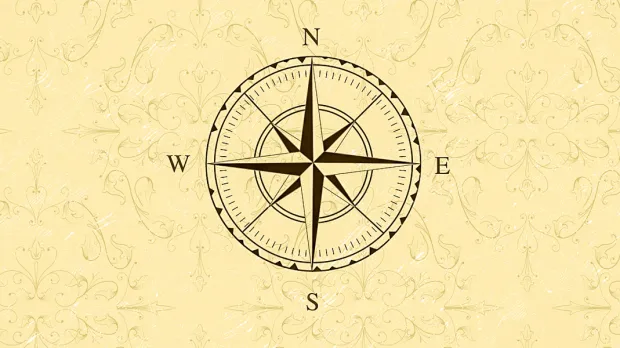
In the exhibit, we’ve briefly defined Orientalism and how it impacted the perception of Chinese immigrants to the U.S. But you still may be wondering what exactly this concept is. The term was first invented by scholar Edward Said, who is credited with establishing colonialism as an area of study in the humanities. His 1978 book, Orientalism, argued that colonialism was not only a system of political rule, but also an all-around worldview that simply believed that the West was superior to the East. His goal with this publication was to show that the academic world is closely connected to systems of political power, and he hopes to prove that academics had been complicit in the West’s domination of the East.
But what does the term “Orientalism” itself really mean? Orientalism is defined as the stereotypical, exotic, and patronizing way in which the Western World often represents the Eastern World — though the idea of “the East” and “the West” itself is a social construct. Orientalism characterizes the East as backwards and exotic while the West is its logical, superior opposite. This mindset fuels imperialism, as it justifies colonizing other countries because they need to be “saved” by the west. As Said wrote in Orientalism:
“Indeed it can be argued that the major component in European culture is precisely what made that culture hegemonic both in and outside Europe: the idea of European identity as a superior one in comparison with all the non-European peoples and cultures. There is in addition the hegemony of European ideas about the Orient, themselves reiterating European superiority over Oriental backwardness, usually overriding the possibility that a more independent, or more skeptical, thinker might have had different views on the matter. In a quite constant way, Orientalism depends for its strategy on this flexible positional superiority, which puts the Westerner in a whole series of possible relationships with the Orient without ever losing him the relative upper hand.”
Though Said’s Orientalism focuses on the Middle East, this concept can be applied to the way the U.S. viewed China. Writings from American missionaries, diplomats, and social scientists consistently portrayed China as the U.S.’s backward, exotic opposite that needed to be saved. Thus, when Chinese people were first coming to the U.S., they were coming into a country in which the vast majority of the population already viewed them as inferior due to the “American Orientalism” that was so deeply ingrained in the culture.
Want to learn more about how Orientalism impacts the way China and Chinese America is viewed today? Check out these resources:
— Mapping China – Orientalism and Current Chinese Studies
— Foreign Policy – China Illustrations Need More Than Dragons, Pandas, and Propaganda
— The Washington Post | Opinion – ‘Shang-Chi’ doesn’t resist racist tropes. It repackages them.
